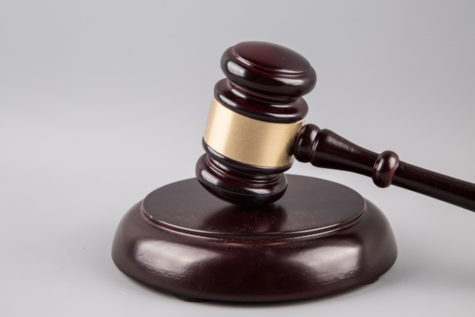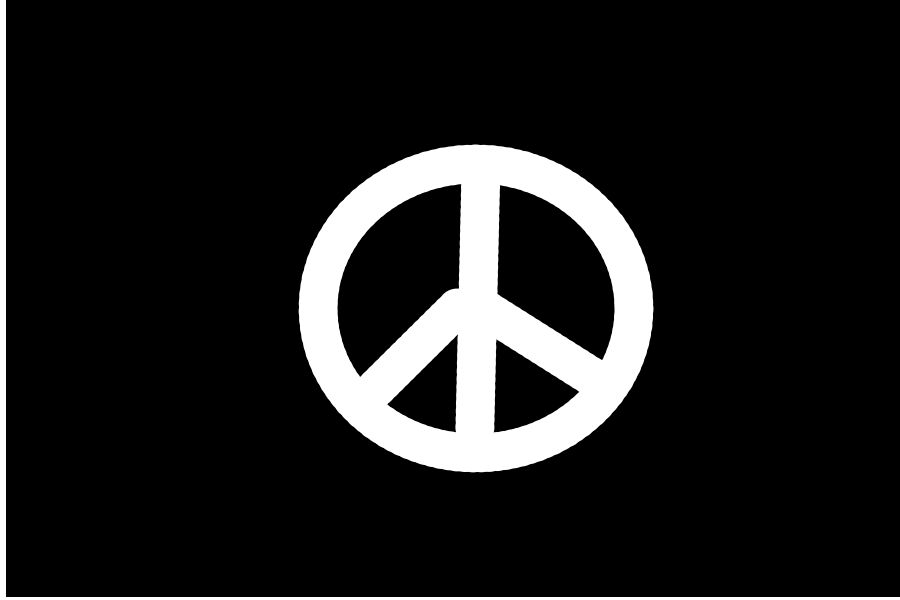Your donation will support the student journalists of Kyle Phillips Demo Site. Your contribution will allow us to purchase equipment and cover our annual website hosting costs.
Longform Sample Story
A deep dive into student news media.
October 18, 2022
From armbands to protest a war to a nonsensical banner proclaiming BONG HITS 4 JESUS there are four Supreme Court cases that set precedents which still impact many student speech freedoms to this day. Each of those cases is summarized below.
If a student media program has legal questions regarding their content, or if it believes it has been illegally censored by school administration it should contact the Student Press Law Center for free legal advice.
Test your knowledge about these court cases before reading about them by taking this quiz:
Tinker V. Des Moines
Tinker V. Des Moines began with a student protest against the Vietnam War. A local church youth group in Des Moines, Iowa agreed to protest the war by wearing black armbands with a peace sign to school. The administration heard about the protest plans and informed students that anyone who participated would be suspended. Three students decided to wear the armbands anyway and were suspended. They sued the school district claiming that the suspension violated their First Amendment right to free speech.
The case made its way to the Supreme Court where the justices determined by a 7-2 decision that the students rights had been violated. This ruling impacted scholastic media by granting student journalists the same press freedoms as professional journalists. Students could publish any content they wanted as long as it didn’t do any of these five things:
- Publish material deemed libelous or obscene
- Publish material that was libelous or slanderous
- Publish material that encouraged readers to break the law
- Publish material that encouraged readers to violate school rules
- Publish material that caused a material and substantial disruption to the school day.
This ruling stood in place from when it was handed down in 1969 until a case specifically about student media came before the court almost 20 years later.

Hazelwood V. Kuhlmeier
Hazelwood V. Kuhlemeier was brought to the Supreme Court after students sued because the school administration censored their school newspaper’s feature about teen pregnancy at their school. The students believed that their work did not violate any of the standards laid out in the Tinker V. Des Moines decision and should not be censored. In this case the Supreme Court decided in a 5-3 ruling that the principal had the right to censor the newspaper because it was a school sponsored publication.
This ruling prompted many some schools to be censored, or to self-censor because they assumed that their administration would not allow them to publish content on certain issues. However, some states drafted a law in the immediate aftermath of this decision, which rolled student news publications in those states back to the Tinker standard. You can check what states have a student press freedom law, and learn about the campaign to advocate for a press freedom law in states that don’t yet have one here.
Bethel V. Fraser
While making a speech on behalf of a friend planning to run for student council Matt Fraser made a speech in the cafeteria that was full of sexual innuendo. As a result he was suspended from school. He sued the school claiming that his First Amendment rights to free speech were being violated.
For those who may be curious, text of Fraser’s speech can be found here. Warning: Contains sexual innuendo.
The Supreme Court determined by a 7-2 decision that the school could prohibit the use of vulgar and offensive language. This case’s finding primarily impacts spoken student speech.
Morse V. Frederick
In 2002 the Olympic Torch was coming through Juneau, Alaska and Joseph Frederick, a senior at Juneau-Douglas High School held up a banner that said “BONG HITS 4 JESUS” across the street from campus as the torch passed by. Frederick was suspended by school administrators and sued, claiming that the school could not punish him for off-campus speech. School administrators argued that Frederick was attending the event as part of a school sponsored activity.
In 2007, the Supreme Court determined in a 5-4 decision that the school can restrict student speech viewed as promoting the use of drugs.
Morse V. Frederick is the most recent Supreme Court case that considered student speech relating to their time at school or while attending a school sponsored event.



